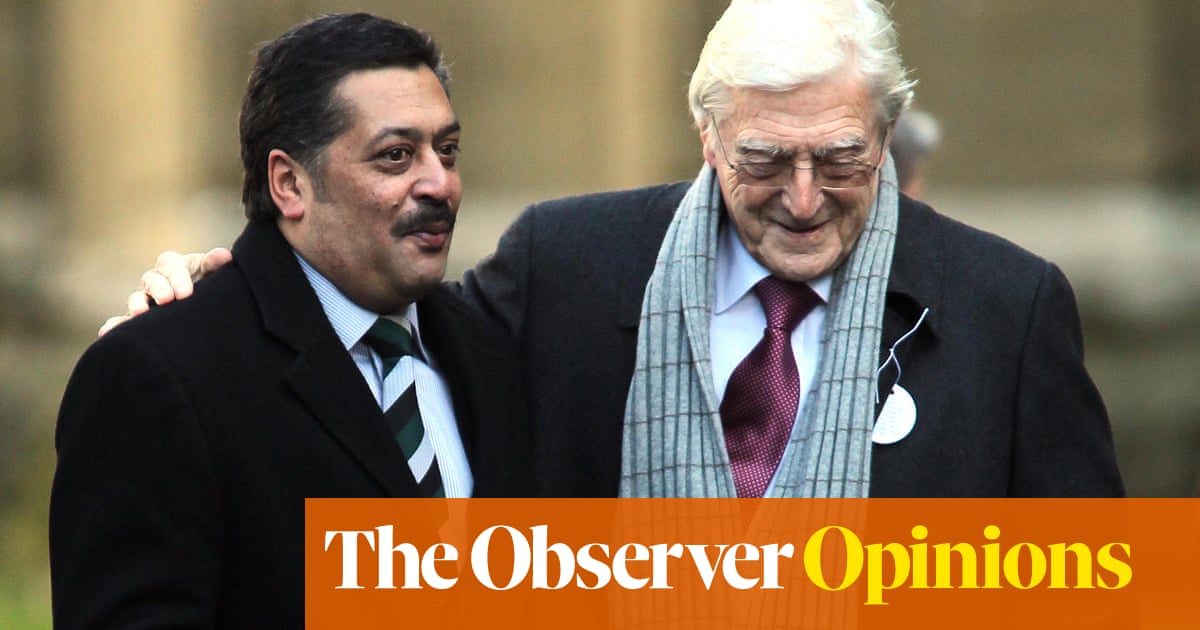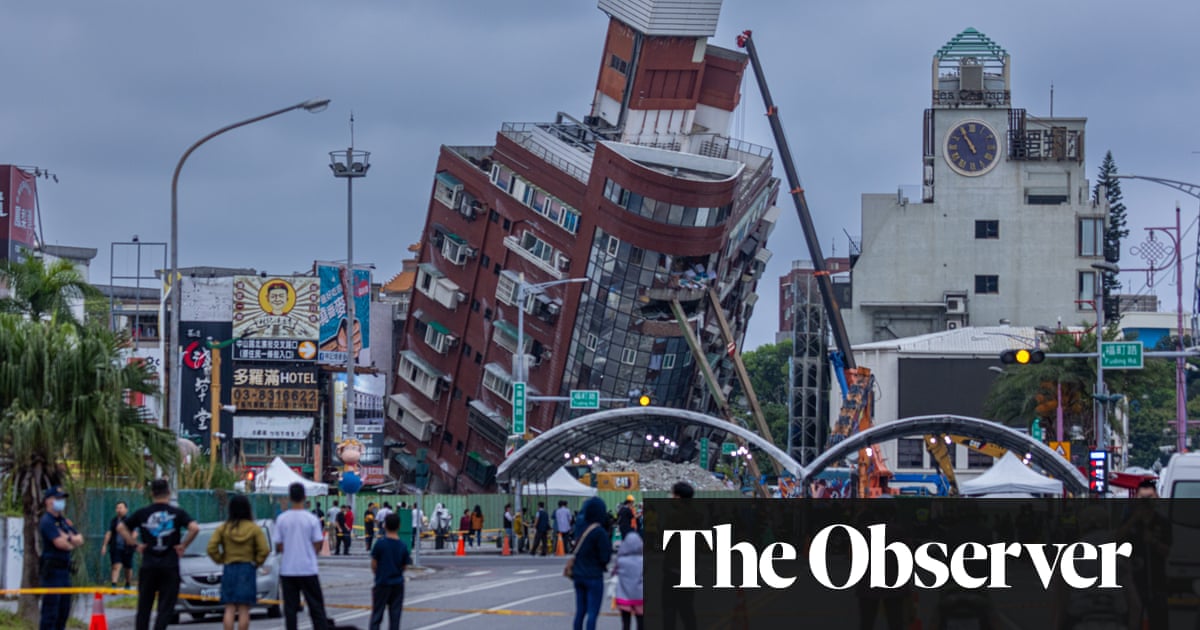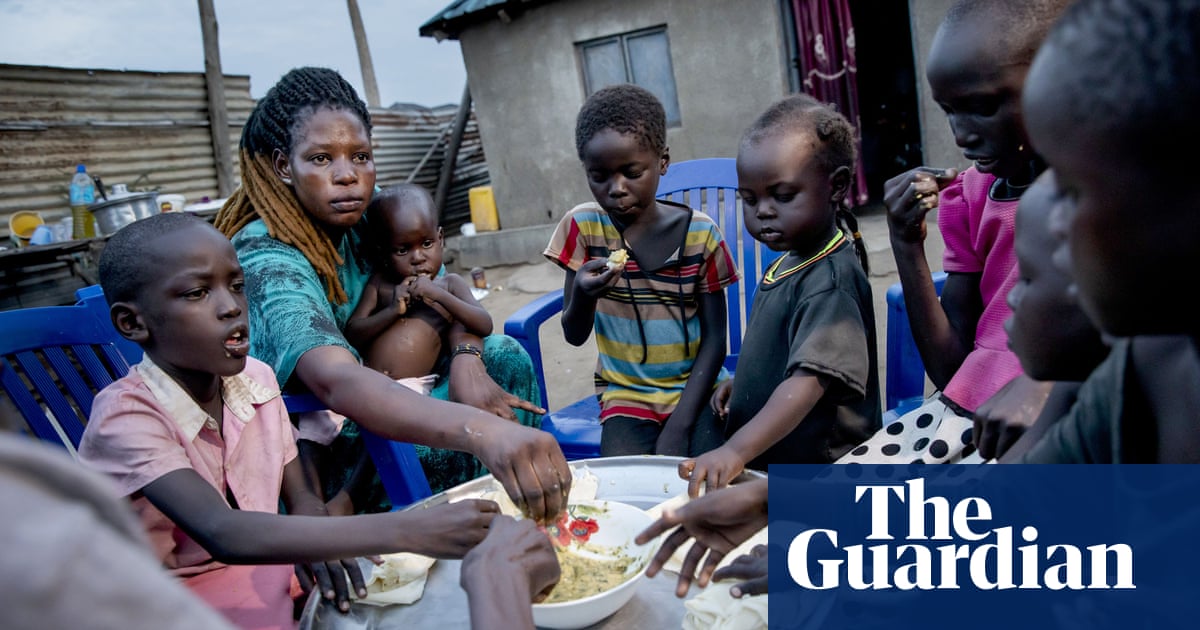
hen my grandfather’s lungs finally collapsed, so did my family. He spent his final weeks receiving oxygen to help keep him alive, his body having been eaten away by disease. My dad, allowed in to say goodbye for the final time, was horrified to see his father reduced to a thin wisp of a man, surrounded by medical equipment.
The compassion shown towards him by NHS staff was extraordinary, even if it took some pressure from my ever-watchful great uncle to make sure my grandfather got the care needed. Everyone did what they could. It wasn’t enough.
The unexpected consequence of his death was the fixation on what could have gone differently. What if he hadn’t been in a badly ventilated room when he caught it, almost certainly from an asymptomatic colleague who later tested positive? What if the vaccine had already been made available before he caught the disease? What if the Waterson family weren’t the ones who had to suffer because of this outbreak?
It was 1961. My grandfather’s death from tuberculosis – his final days spent in an oxygen tent – left behind a widow, four young children and a sea of agony. It’s an experience shared by tens of thousands of families who have lost loved ones in the coronavirus pandemic.
My grandfather’s death was long and lingering, slow consumption instead of the rapid onset of Covid-19; but the fundamentals – the indiscrimination of an invisible airborne disease, the grief of those left behind – are the same.
Respiratory disease meant I was deprived of a grandfather. His only presence in my life was through one of his rib bones; it was cut out of his chest during an operation, cleaned up and kept by his widow as a memento. Years later, my grandmother would use it to open her morning post and then leave it to rest on the living room table. My grandfather never held me to his chest, but I’ve held part of his chest to me.
During the first weeks of the pandemic, the deaths reminded me of the loss my dad endured. If the carrier in the Hull auction house had stayed at home, then my grandfather might not have caught the illness.
If my grandfather had been vaccinated against the disease, he might still be here. He might have lived to see some of his six grandchildren. He might have been able to tell us stories about his brother – my great-uncle Tony – whom I knew hardly anything about.
Last year, I read an article on the BBC News website about the electron microscope operator who discovered a new type of human virus in 1966. June Almeida stumbled across a previously unobserved structure while staring at swabs from Surrey schoolboys with colds.
Unsure what to call her discovery, she later met with two colleagues in an office at St Thomas’ hospital in London to discuss potential names for this strand. They felt the fuzzy images of the new virus resembled the sun’s halo. One of them took a Latin dictionary off his shelf and looked up the word for halo. They left the room having decided on the name “coronavirus”.
The man who took the dictionary off the shelf and helped coin the term coronavirus was Prof Tony Waterson, a leading early researcher in the world of respiratory diseases and viruses. He was also, I realised, my grandfather’s mystery brother.
Last month, I called Prof Jangu Banatvala, a former colleague of the great uncle I’d never known. Banatvala said Tony was a modest man, who had not only led the team that discovered and named the coronavirus but also conducted pioneering research into hepatitis and rubella and other viruses that can now be treated with vaccines. Tony had been among the first people to write about a newly identified syndrome affecting gay men in early-1980s New York, when only a few hundred people were known to be suffering with HIV/Aids.
Banatvala said that Tony would have been delighted to know his team’s research had gone some way to helping us understand and respond to today’s coronavirus pandemic. He said my great uncle would have had no truck with anti-vaxxers. Instead he’d have been first in the line for a Covid-19 jab and in awe of today’s scientists who helped develop and bring new vaccines to market within a year.
Outbreaks of infectious diseases define personal as well as national histories. Some events are outside of our control, just as when my grandfather sat across from his asymptomatic colleague, while others we have the opportunity to shape. Now, with the end of the current crisis in sight, it’s up to us all to build on the legacy of pioneering researchers such as my great uncle and encourage those we hold dear to get vaccinated and save lives.
That way other families can be kept together and be able to pass on the stories that need to be told.
Jim Waterson is the Guardian’s media editor












